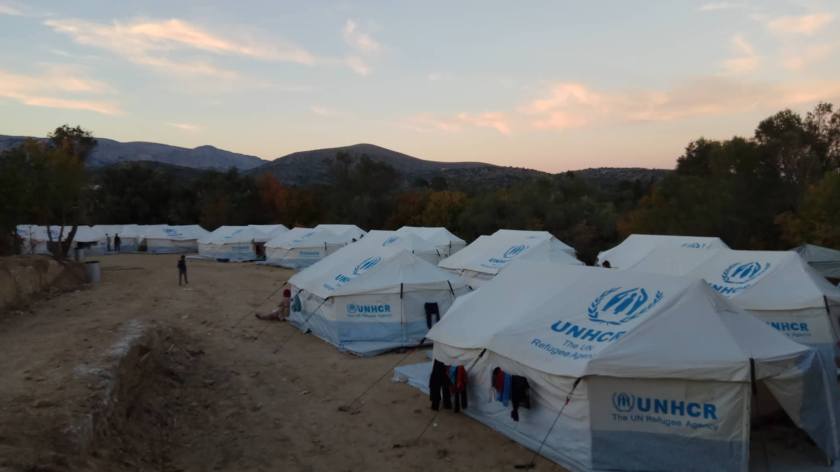Via University of Oxford / Faculty of Law – Today, Turkey is host to approximately 3.4 million refugees and asylum seekers, including more than 3.2 million Syrians. Due to its strategic location, Turkey has been a transit country for migrants and refugees, a necessary stop on their way to Europe. In 2015, nearly one million people arrived irregularly in Europe by sea, with more than 856,723 refugees and migrants traveling to Greece by sea from Turkey. This explains why cooperation with the Turkish government has become an essential part of the European policy to manage migration.



